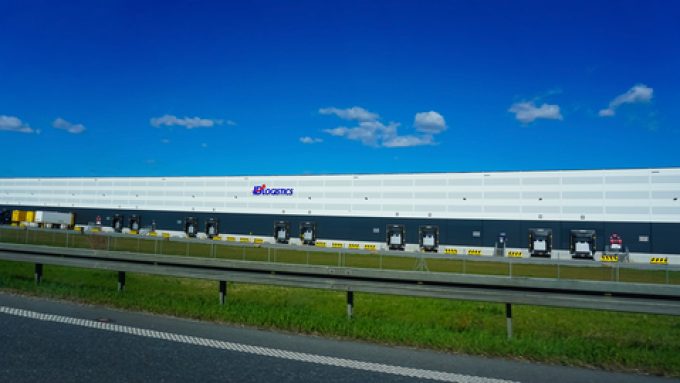Conf call redux: does Kuehne + Nagel know its toys from its teus?
Yo bro, where’s the growth?

While freight forwarding continues to suffer from the rapid decline in ocean freight rates, contract logistics operations are increasingly proving to be counter-cyclical.
French contract logistics operator ID Logistics last week showed the continuing strength of the sector as it released third-quarter results showing a 9.7% increase in revenue, to €696m ($738m), compared with Q3 22, and revenue for the first nine months rising 10.1%, to €1.98bn, compared with 2022.
Chairman and chief executive Eric Hemar said this was partly to do with a range of new business lines opened during the year.
He explained: “As expected, ID Logistics revenues growth rebounded sharply in the third quarter, driven by the start-up of significant projects in several of our key countries. The group is well positioned to continue this acceleration by the end of the year.”
Historically a France-focused operator, ID Logistics’ long-term strategy has been to expand its international business, as a way of spreading its risk exposure, and one of the highlights of the third quarter was its entrance into the UK market with the July opening of an 18,000sq metre site “on behalf of an international fashion retailer”.
The fashion retail contract followed the €77.4m acquisition of Polish contract logistics operator Spedimex.
And the most recent quarter’s results underscored the success of its diversification strategy: revenues in the US were up 15.1%; European revenue, ex-France, was up 10%, “driven in particular by Poland, Italy and the opening of the UK”; and revenues in France saw a 4.5% decline, but this was “in line with previous quarters marked by weak consumer volumes”.
Observers following the contract logistics sector now await 8 November, when both DHL Supply Chain and GXO Logistics unveil their latest figures – Loadstar Premium is compiling a preview of the two contract logistics giants.
Meanwhile, recent figures for the contract logistics operations of DSV and Kuehne + Nagel have acted as buttress to declining earnings in air and sea freight forwarding.
Third-quarter revenues at DSV’s Solutions division were flat, with a marginal 0.8% increase, but gross profit grew 7.6% against Q3 22 to reach DKK2.3bn ($26.6m). Solutions’ gross margin rose from 39.8% in Q3 22 to 43% in Q3 23, on the back of “continued consolidation into large and efficient warehouses and implementation of warehouse automation”.
Outgoing DSV CEO Jens Andersen told investors at the recent quarterly results call: “We’ve stopped the kind of deteriorating development in EBIT and year-on-year. We have had a flat development, which is a pretty good achievement, I think, 0.1% down if you adjust for the currency impact.
“Even though we’ve seen lower activity levels, we’ve seen margins going up from a gross profit perspective. So, a very strong performance in the division. We are normally quite busy in Q4, so we hope the division will also end the year on a high,” he added.
And a continued focus on the pharma and e-commerce verticals saw the trend broadly repeated at Kuehne + Nagel, where flat nine-month revenues were accompanied by 3% growth in gross profit and a 14% increase in EBIT, suggesting a cost base firmly under control.
“We believe our market share expanded during the period, thanks to our strategy to focus on selected verticals and customers less affected by broader market fluctuations,” K+N CEO Stefan Paul told analysts during the Swiss firm’s recent results presentation.
“New business wins are up by more than 20%, year on year, in the first nine months, while our pipeline has expanded by more than 50%, which makes us confident about our prospects in the coming quarters,” he added.
Comment on this article